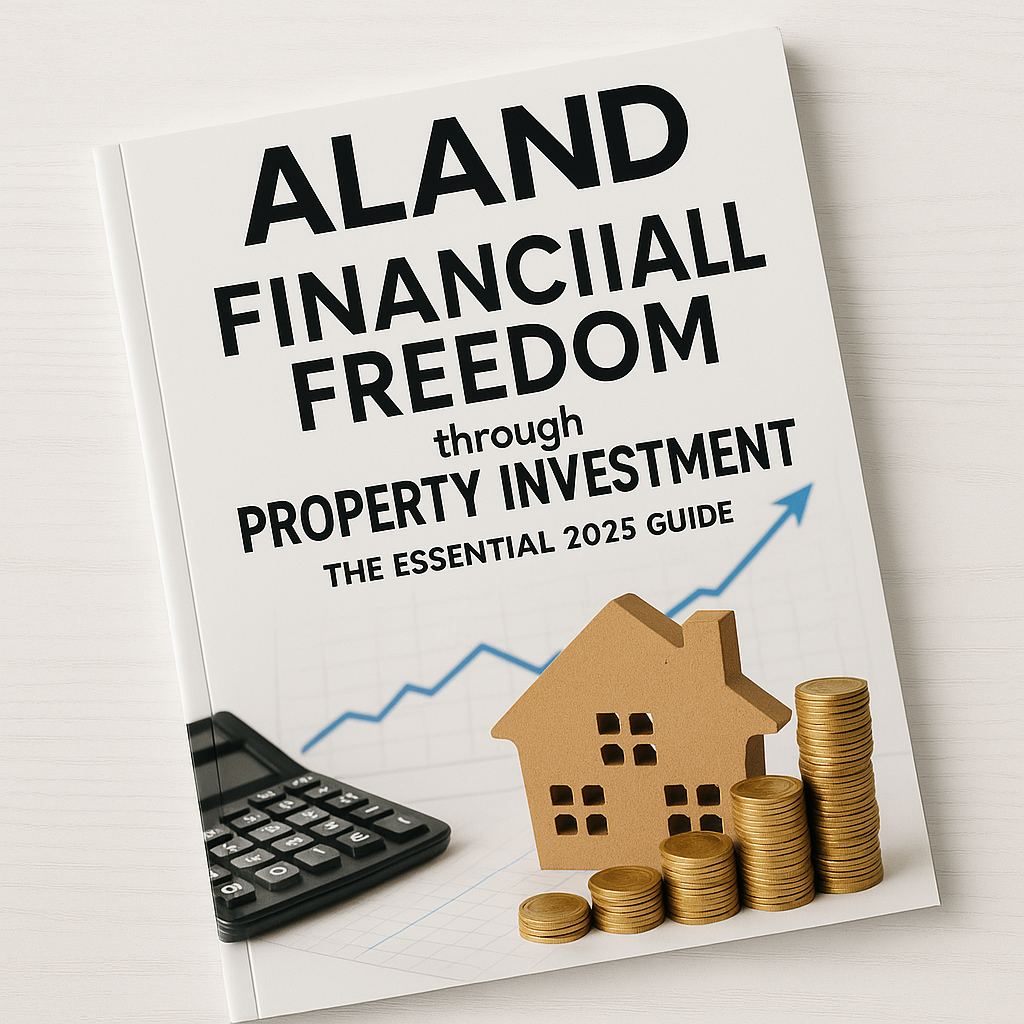Financial Freedom through Property Investment: The Essential 2025 Guide
- Published Date: 30th Jun, 2025
-
4.9★ ★ ★ ★ ★(116)

Listen to the podcast for this article
Achieving financial freedom through property investment requires more than just purchasing assets—it demands strategic foresight, deep market understanding, and leveraging innovative economic tools. Dr. Pooyan Ghamari, Swiss Economist and founder of the ALand Platform, emphasizes that 2025 is a pivotal year where digital transformation, global economic realignments, and evolving immigration policies converge, offering unprecedented opportunities for investors seeking sustainable wealth through real estate.
Strategic Insights on Property Investment for 2025
Dr. Ghamari advocates for a data-driven, globalized approach to property investment. Traditional real estate has been reshaped by digital economies and technology-enabled platforms, like ALand, which facilitate seamless cross-border transactions and integrate advanced analytics for market prediction. Investors must assess macroeconomic signals such as inflation trajectories, interest rate trends, and geopolitical alliances to anticipate shifts in real estate demand and pricing.
Cause-related marketing, often overlooked in real estate branding, emerges as a critical differentiator. Dr. Ghamari highlights research showing that aligning property ventures with social responsibility enhances brand perception, attracting not only tenants but also institutional investors who prioritize Environmental, Social, and Governance (ESG) factors. For instance, projects incorporating sustainable design and community engagement foster greater loyalty, reduce vacancy rates, and generate higher returns. The ALand Platform’s digital marketing tools empower developers to craft authentic narratives that resonate with socially-conscious consumers, reinforcing investor confidence and long-term value.
Economic & Market-Based Arguments
Global economic dynamics now heavily influence local real estate markets. The rise of strategic alliances, such as multilateral trade agreements and immigration treaties, impacts investor access and asset liquidity. Dr. Ghamari points to the increasing trend of real estate tokenization — converting physical assets into digital tokens — as a transformative innovation, enabling fractional ownership and enhancing market accessibility for high-net-worth individuals and institutional players alike.
The integration of cryptocurrency platforms, particularly EE Gold, introduces new dimensions of liquidity and security into property investment. EE Gold’s stable digital asset model tied to traditional gold markets provides a hedge against currency volatility, facilitating international exchanges without conventional banking constraints. This fusion of cryptocurrency and real estate investment fosters a more resilient portfolio capable of weathering market uncertainties.
Practical Takeaways for Corporate Investors
-
Leverage Data & Technology: Utilize platforms like ALand for market analytics, digital marketing, and investment automation to optimize property acquisition and management.
-
Embrace ESG & Cause-Related Marketing: Position real estate projects around sustainability and social impact to boost brand equity and attract premium tenants and investors.
-
Explore Tokenization: Investigate fractional ownership models to diversify holdings and increase liquidity.
-
Incorporate Cryptocurrency Tools: Use EE Gold and similar assets as innovative payment or collateral options to safeguard investments against macroeconomic shifts.
-
Monitor Global Policies: Stay informed on immigration and trade agreements affecting property rights and foreign investment access.
Metrics to track include ROI uplift from cause-related campaigns, tenant retention rates, brand sentiment via digital engagement, and performance differentials in tokenized versus traditional asset classes.
Explore further insights and innovations shaping property investment at ALand’s Blog and discover cutting-edge digital marketing and investment tools at the ALand Platform. Stay ahead of market disruptions and emerging financial technologies by following The ALand Times and learn how EE Gold is redefining asset exchange in the digital era.
Your path to financial freedom through property investment starts with informed strategy, advanced tools, and a visionary mindset—2025 is your year to capitalize on these converging forces.

